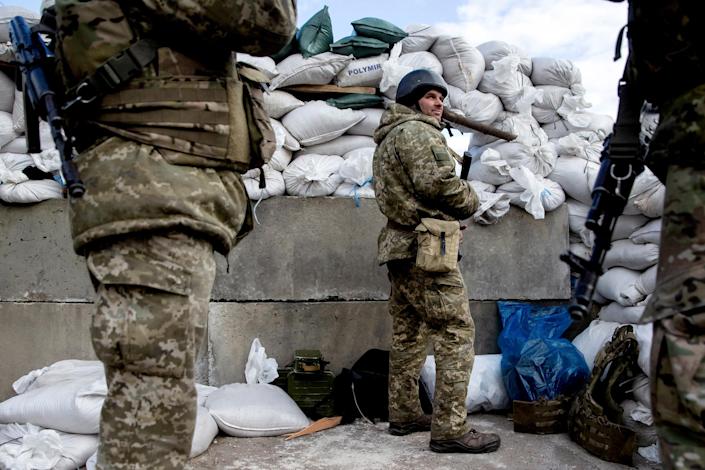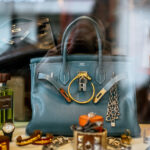Russian and Ukrainian officials were set to sit down for talks on Monday even as fighting raged around key Ukrainian cities and Russian President Vladimir Putin confronted the fallout from Western sanctions.
Ukraine said that it would push for an immediate ceasefire and the withdrawal of Russian troops from the country. Its delegation for the talks included Defense Minister Oleksiy Reznikov, among other officials.
Kyiv’s position has been bolstered by its staunch early resistance in the face of the Kremlin’s attack, growing military assistance from countries across the world and an effort to isolate Russia economically.
Tensions escalated further Sunday when Putin ordered Russia’s nuclear forces to be on high alert, a move that came as his invasion did not appear to be proceeding as he might have hoped.


Ukrainian forces have slowed Russia’s advance and still hold the capital, Kyiv, as well as the cities of Kharkiv, near the Russian border, and Chernihiv, where there was heavy fighting, Britain’s Ministry of Defense said in an update posted to Twitter Monday morning.
“The bulk of Putin’s ground forces remain more than 30 km [18 miles] to the north of Kyiv their advance having been slowed by Ukrainian forces defending Hostomel airfield, a key Russian objective for day one of the conflict,” the ministry said.
“Logistical failures and staunch Ukrainian resistance continue to frustrate the Russian advance.”
Ukrainian President Volodymyr Zelenskyy said Sunday that he doubted the meeting between Ukrainian and Russian officials, which was to take place near the Pripyat River on the border with Belarus, would produce results.


The conflict has sent hundreds of thousands of people fleeing Ukraine and left Europe facing its gravest security crisis in decades.
Putin made that even clearer Sunday when he issued a directive to increase the readiness of Russia’s nuclear deterrent forces, citing “aggressive statements” by NATO and tough financial sanctions imposed by the United States, Europe and beyond.
Russia, like NATO and the U.S., has thousands of nuclear warheads in its arsenal.
A senior Defense Department official suggested the nuclear readiness of NATO and Russia was not to be taken lightly, even amid a historic invasion. Putin’s move “could make things much, much, more dangerous,” the official said Sunday during an evening briefing held on background.
Those sanctions sent the ruble plunging to record lows early Monday, while Russia’s Central Bank raised its interest rate to 20 percent from 9.5 percent.




